Exploring bingo’s place on the high street – and the online challenges that parallel retail
If you follow my blogs and tweets religiously, you’ll know that I spend a fair chunk of my time travelling up and down the country, exploring our high streets and – in particular – using the fate of former Woolworths sites as a window on how Britain’s town centres are faring.
Just lately, however, I’ve been looking out for something else alongside all those former Woolies – the UK’s traditional high-street bingo halls. You can read the full story of my research into ‘The Fall & Rise of Bingo’ on the Two Little Fleas website.
Unless you’re a bingo player yourself, the chances are that you walk past these buildings every day without giving them much of a glance. Yet many have a long history as local hubs of leisure activity – usually as cinemas and dance halls before being turned over to bingo in the 1960s – and are often among the most striking and architecturally important buildings in the towns in which they sit.
Even now, though attendances are not what they once were, bingo halls continue to perform an important community function in bringing people (many of them older) together – a point recognised by Chancellor George Osborne in his Budget last March when he halved duty on bingo halls to “to protect jobs and protect communities.”
On the day of the Budget, Rank Group announced that it would be adding three new Mecca Bingo clubs to its current tally of 97 – reversing a long trend of declining numbers of venues – and that the future of several other clubs would be secured as a result of the tax cut. Overall, Rank’s chief executive pledged that the cut in duty “created a basis for renewed investment and innovation.”
What became clear from my travels, however, is just how many of our most historically important bingo halls are at risk – and the tax cut for bingo operators isn’t necessarily much help on this front.
Historic bingo halls at risk
As in Newcastle – where the old Gala bingo hall in Westgate Road was vacated in 2005 in favour of purpose-built premises in Byker – there has been a trend for operators to move out of old, expensive, overspaced ex-cinemas and into new buildings that offer better facilities, accessibility and technology, albeit at the expense of character and charm.
Some vacated bingo halls have found new uses – like Gala Newcastle’s successful new guise as the O2 Academy – but others, like the stunning Grade II-listed ex-Gala that I snapped in Acton High Street back in September, face a more uncertain future.
When the Betting and Gaming Act of 1960 finally paved the way for the first legal commercial bingo club to open its doors, bingo was seen as a saviour of struggling high-street entertainment venues. Britain’s picture house and dance hall operators were already reeling from the decline in admissions after the launch of ITV, and sensed, through bingo, a chance to transform their venues’ fortunes.
For example, one of the biggest companies, Rank, converted a raft of its Odeon and Gaumont cinemas into Top Rank Social Clubs – usually keeping a mix of bingo and films to start with, but typically jettisoning the movies as bingo’s popularity soared.
In other places, such as Darlington and Newcastle, bingo provided a lifeline for struggling ex-cinemas like the old Arcade and Picture House (both originally opened in 1912) that Rank had already converted into ballrooms in the 1950s. Another big name, Granada, transformed many of its theatres into Granada Social Clubs.
Now, half a century after these old cinemas were saved through the launch and success of bingo, many are at risk for a second time.
It’s not just the old bingo halls that are coming under pressure, however. I was intrigued to read about the former out-of-town Mecca in Sheffield’s Infirmary Road, only built in 1997, but now transformed into retail units for Aldi, Iceland and Home Bargains. In Sheffield, unusually, it’s the city centre Mecca bingo hall – housed in a former Odeon cinema – that survives its much newer sibling. Indeed, opened as a cinema in 1956 and as a bingo hall in 1971, Sheffield’s city centre Mecca continues to enjoy a much longer life in its current guise than it did as an Odeon.
So, besides the issue of tax, what are the other factors still putting pressure on the bingo industry? As I note in my report, the last couple of decades have seen the launch of The National Lottery and the introduction of the smoking ban both impact on bingo attendance. After the Lottery begain in 1994, the number of bingo clubs fell 21% between 1995 and 2000. In the last decade, the number of bingo clubs in Britain has dropped from nearly 600 to fewer than 400 today. Even in 2011, however, three million customers made 49 million visits to UK bingo clubs – demonstrating bingo’s continued importance to local economies and to people’s social lives.
The rise of online bingo
What’s interesting, however, is that for a growing number of people, the sociability of bingo is happening not in the bingo hall but online, using new platforms and technology – including busy chatrooms – with both Mecca and Gala very active in this space. Mecca also piloted (but later closed) Europe’s first fully-electronic bingo hall in Edinburgh – seeking to use technology to reinvigorate the physical bingo club – while outside the big-name bingo brands, Marie Curie Cancer Care is the first charity to run its own online bingo site, TicketyBooGames.com, with all net profits used to support its work.
Further online innovation is expected, according to Gaming Realms founder Simon Collins, one of several industry experts that we spoke to in the course of the research.
Simon explains that “social games like BingoGodz are driving a lot of the innovation in mobile and desktop devices” – so, in other words, that’s games that combine the best of traditional bingo with the social functions you’d expect to find on Facebook or Foursquare, such as check-in or loyalty systems.
Not surprisingly then, Simon sees the current growth of mobile technologies – and the switch to handheld, touch-screen devices, like tablets – as the “main transformation of the online space.” It’s not just online where tablets are having an impact, though – they’re starting to “transform the way bingo is played in club” as well, argues Miles Baron, the CEO of the Bingo Association and National Bingo Game Association.
Craig Pollard from TicketyBooGames.com agrees, highlighting the “new innovation” of playing using tablets as the technology becomes increasingly affordable. Simon Collins even envisages a future where players could bring their own tablets into clubs for “more of a hybrid experience.” As online and mobile bingo grow, “a push towards more consolidated entertainment experiences” is a way of bingo halls offering something distinctive, Craig Pollard agrees. “Live music performances or unique events taking place while playing bingo may help give a reason for players to go there.”
Bingo’s multichannel parallels with retail
So, while the fate of traditional bingo halls is part of the way in which our high streets are changing and challenged, the bingo industry itself is getting to grips with a multichannel landscape in much the same way as retail is having to.
In bingo, as in retail, it’s easy to frame online as a threat to the traditional ways in which the industry has operated, yet technology is also potentially a way of bringing new life, activity and functionality to the established physical space. As I noted in a recent Bdaily article, “it [is] actually quite notable how many echoes bingo has of the similar challenges I’m seeing all the time in retail – namely the growth of a ‘multichannel’ customer experience, and the need for physical venues, whether bingo clubs or shops, to find a new purpose that addresses consumers’ changing habits and offers something that is both enhanced by, and can’t be fully replicated, online.”
Just as pub chain Wetherspoon has snapped up its fair share of ex-Woolworths, it has also taken over a good number of ex-bingo halls – with the old Mecca club in Wallsend set to help regenerate the town’s High Street when it reopens as a Wetherspoon’s in May next year. Even so, there’s a limit to how many former bingo clubs are suitable or viable for conversion into other uses, whether that’s for retail, leisure,. or anything else.
Much better from that point of view will be if Britain’s present bingo halls can be made to work for bingo use – and if the bingo operators, given some room to manoeuvre by George Osborne’s tax cut, are successful in coming up with a modernised customer experience that combines the best of new technology with the dining, drinking and social experience that can still only happen in a physical space.
Of course, as in Newcastle, operators will still want to replace some older premises with new, purpose-built clubs – but a compelling offer, within a now less challenging tax regime, makes more likely both the retention of established bingo halls and the opening of new ones.
Perhaps Two Little Fleas should revisit the story in five years’ time to see just how Mecca, Gala and the like are all getting on.
For sure, there are implications for our high streets either way.

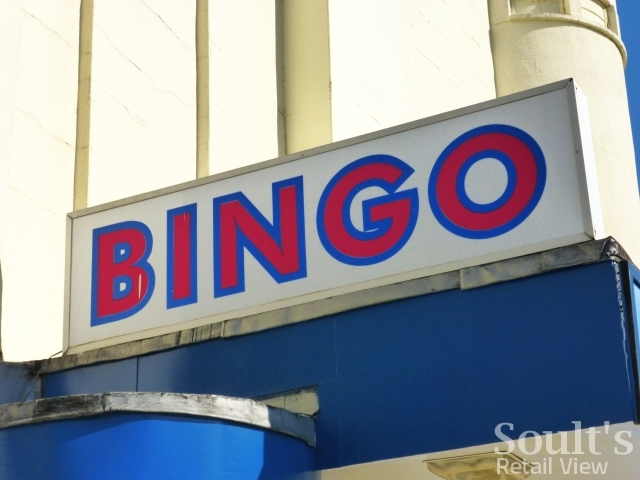
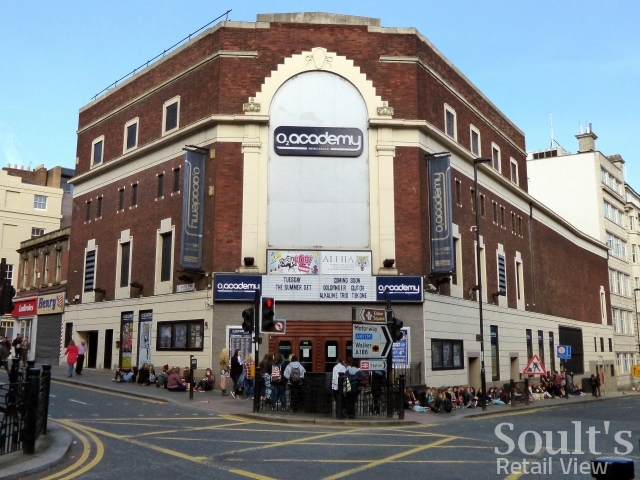
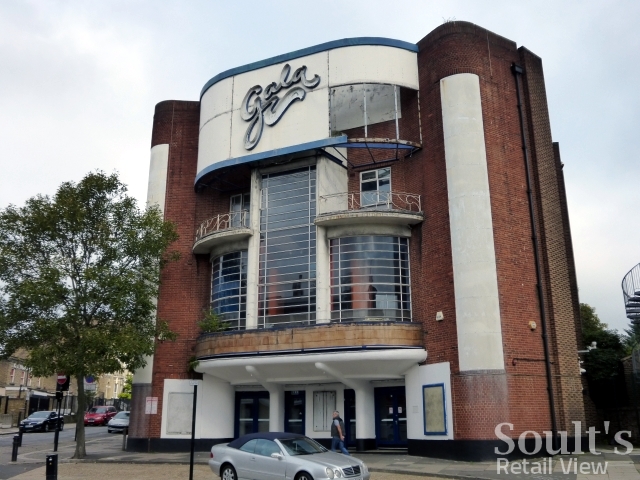
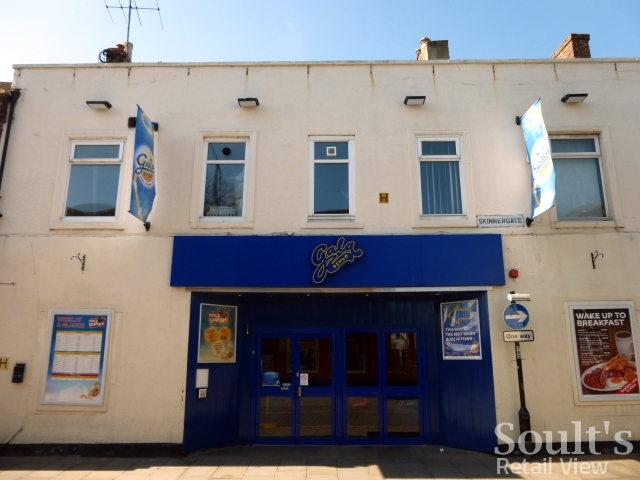
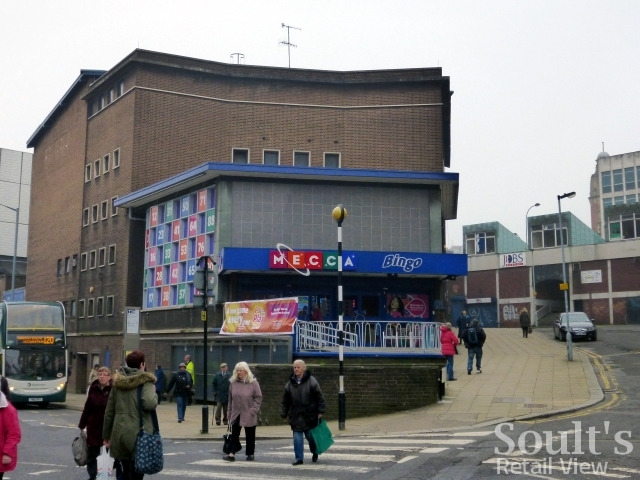
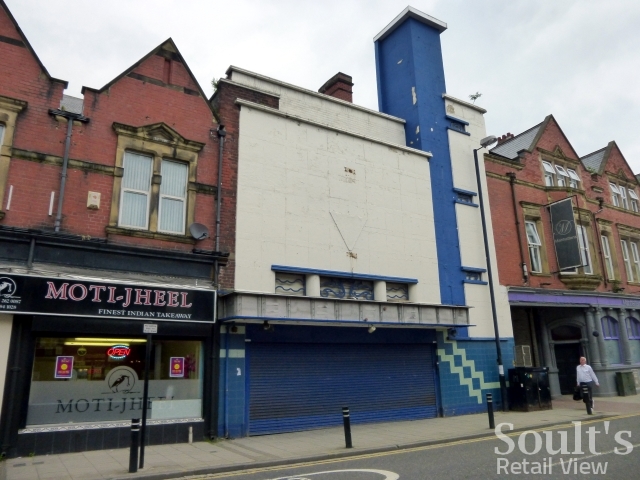

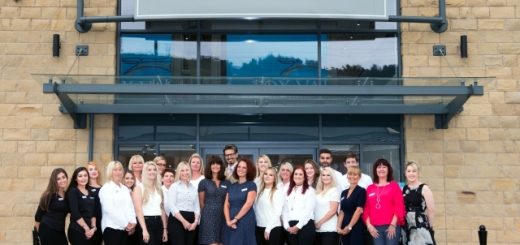
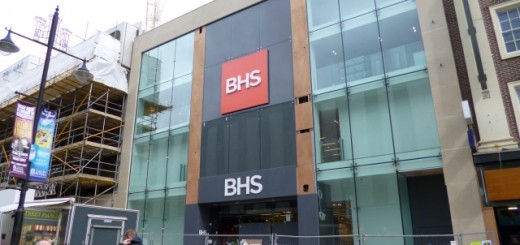
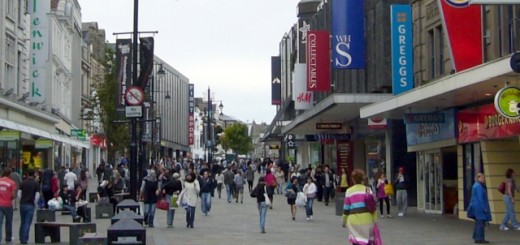
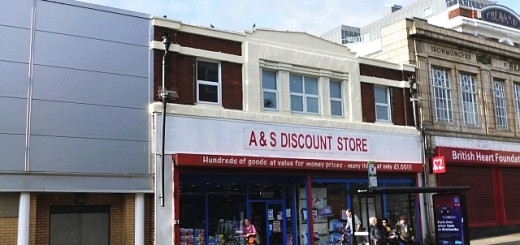


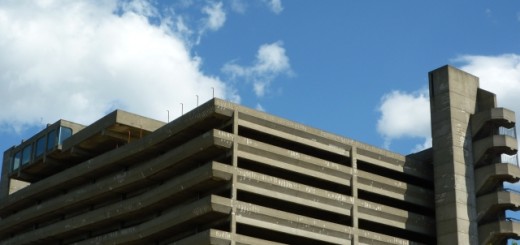

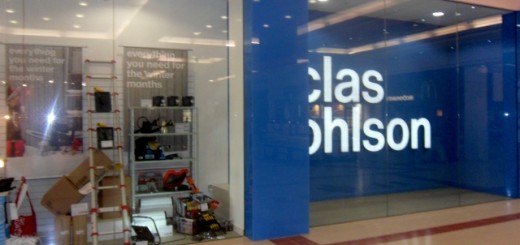
A very interesting read
The Mecca Bingo in Dean Road, South Shields, is another good example that closed recently. Hope it can be saved.